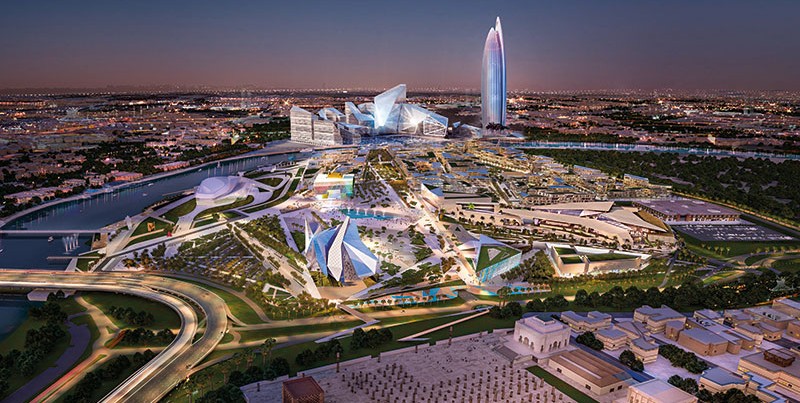(3 Minutes Read)
Morocco is rapidly evolving into a vital manufacturing and export platform that bridges Africa with Europe, according to a comprehensive report by Germany Trade & Invest (GTAI), an economic development agency affiliated with the German Federal Ministry for Economic Affairs and Climate Action.
From Investment Alternative to Supply Chain Powerhouse
The GTAI report highlights that Morocco has moved well beyond being merely an alternative investment destination. It is now a central player in European supply chains, thanks to a mix of strategic advantages that continue to attract international corporations.
Located just across the Mediterranean from Europe, Morocco benefits from its geographic proximity, offering lower production and labour costs while maintaining a highly skilled workforce. This combination has made the country an increasingly appealing choice for foreign investors and multinational manufacturers.
In addition to its geographic strengths, Morocco has signed free trade agreements with the European Union, the United States, and other global partners, further cementing its position as an investment-friendly environment.
A Key Player in the Global Green Energy Transition
One of the standout elements in Morocco’s industrial growth is its emerging role in the electric battery and green energy sector. The country is becoming a regional powerhouse in battery production—particularly for electric vehicles (EVs). Over the past few years, six battery production facilities have been established by Chinese firms alone.
Among the most ambitious is a large-scale project led by Chinese battery giant Gotion High-Tech, near the city of Kenitra. This upcoming factory is expected to have a production capacity of 100 gigawatt-hours and will primarily supply batteries to Volkswagen, which holds a 30% stake in the initiative.
In parallel, companies from South Korea and Canada, such as LG Energy Solution, are investing in Morocco’s raw material sector, focusing on the extraction of lithium hydroxide. These efforts are reinforcing Morocco’s role as a strategic source of critical materials essential to the global shift toward sustainable energy solutions.
Foreign Direct Investment on the Rise
Between 2022 and 2024, Morocco attracted 79 new foreign direct investment (FDI) projects, excluding project expansions. This uptick reflects growing global confidence in Morocco’s economic prospects and industrial capabilities.
The automotive and aerospace industries are particularly vibrant. More than 230 foreign companies are currently operating in Morocco’s auto manufacturing sector, including major global suppliers like Faurecia, Bosch-Rexroth, and Leoni. The aerospace sector is also thriving, with around 150 companies, such as Germany’s Masterflex and Böllhoff, establishing operations in the country.
Infrastructure and Financial Services Fuel Growth
According to the GTAI report, Morocco’s advanced logistics infrastructure plays a pivotal role in its success. Major assets include expansive port facilities like Tanger Med, modern international airports, and a high-speed rail network—all of which support fast and reliable supply chain connectivity, particularly for Europe-bound products like car parts and electronics.
Additionally, specialized industrial zones and Casablanca Finance City, a growing financial hub, have been instrumental in attracting leading financial institutions and multinational corporations, including Germany’s Commerzbank.
Ongoing Reforms to Boost Job Creation and Industrial Depth
Despite these achievements, Morocco still faces challenges. The GTAI report emphasizes that continued efforts are necessary to attract even more foreign investors, particularly to create employment opportunities and deepen the country’s industrial integration.
With an unemployment rate of 13%, the Moroccan government has initiated a series of legal and fiscal reforms. These include an updated investment charter, tax incentives, direct grants, and programs to support vocational training—all aimed at making Morocco even more competitive as a manufacturing and export base.
Read Also;
In summary, Morocco is positioning itself as a dynamic and strategic player at the crossroads of Europe and Africa. With ongoing reforms, international partnerships, and a growing presence in critical industries like electric mobility, the country is well on its way to becoming an indispensable link in global supply chains.





